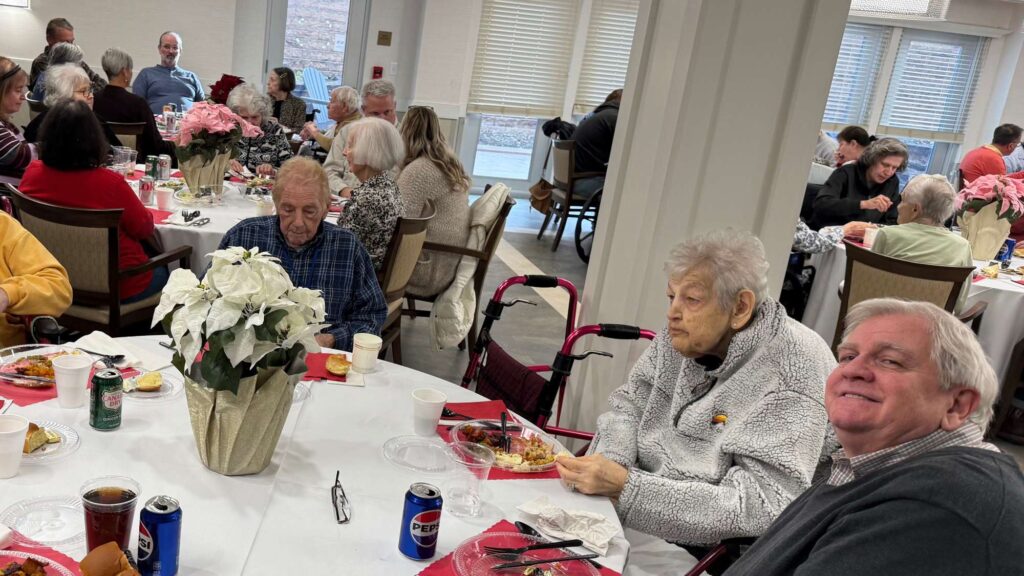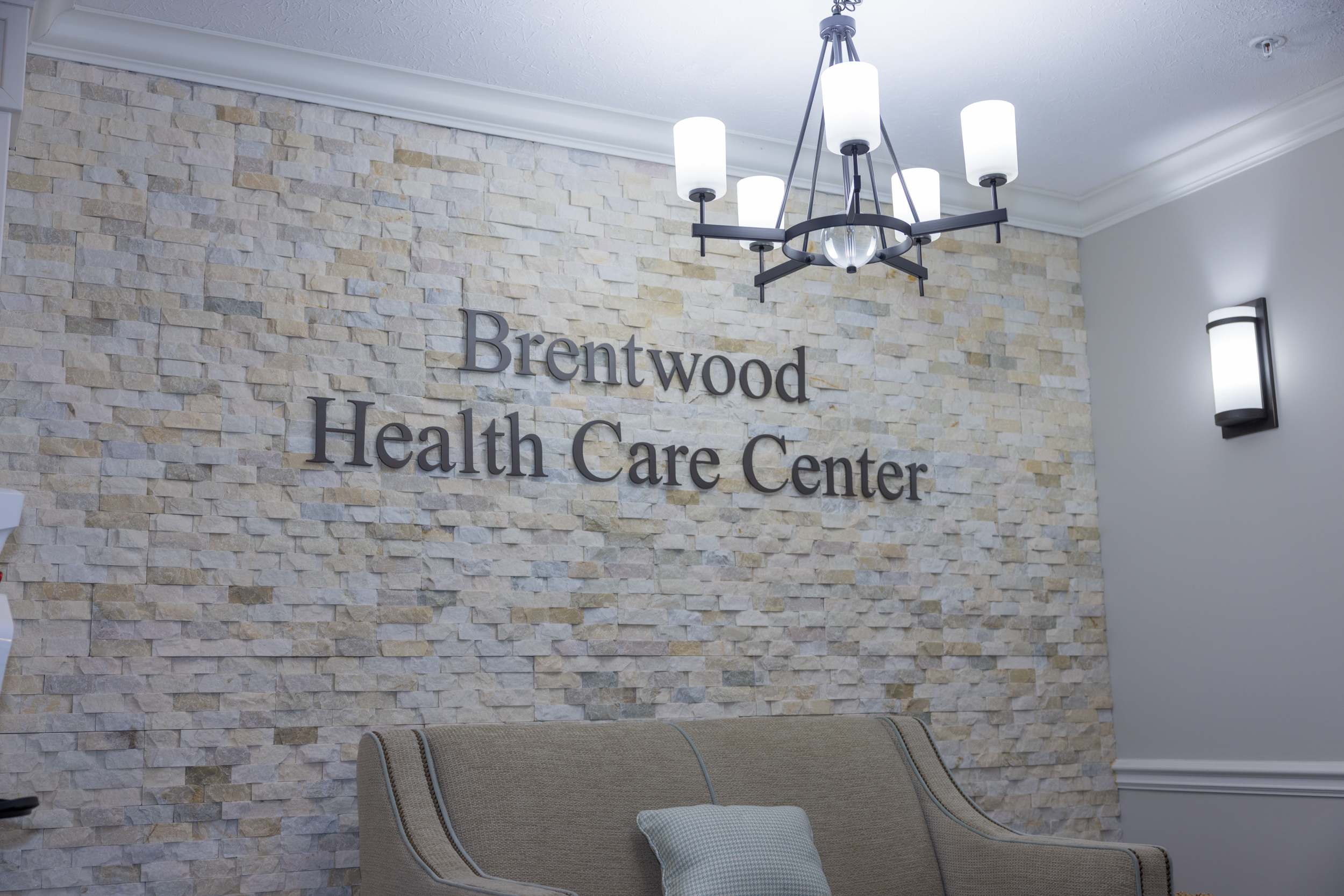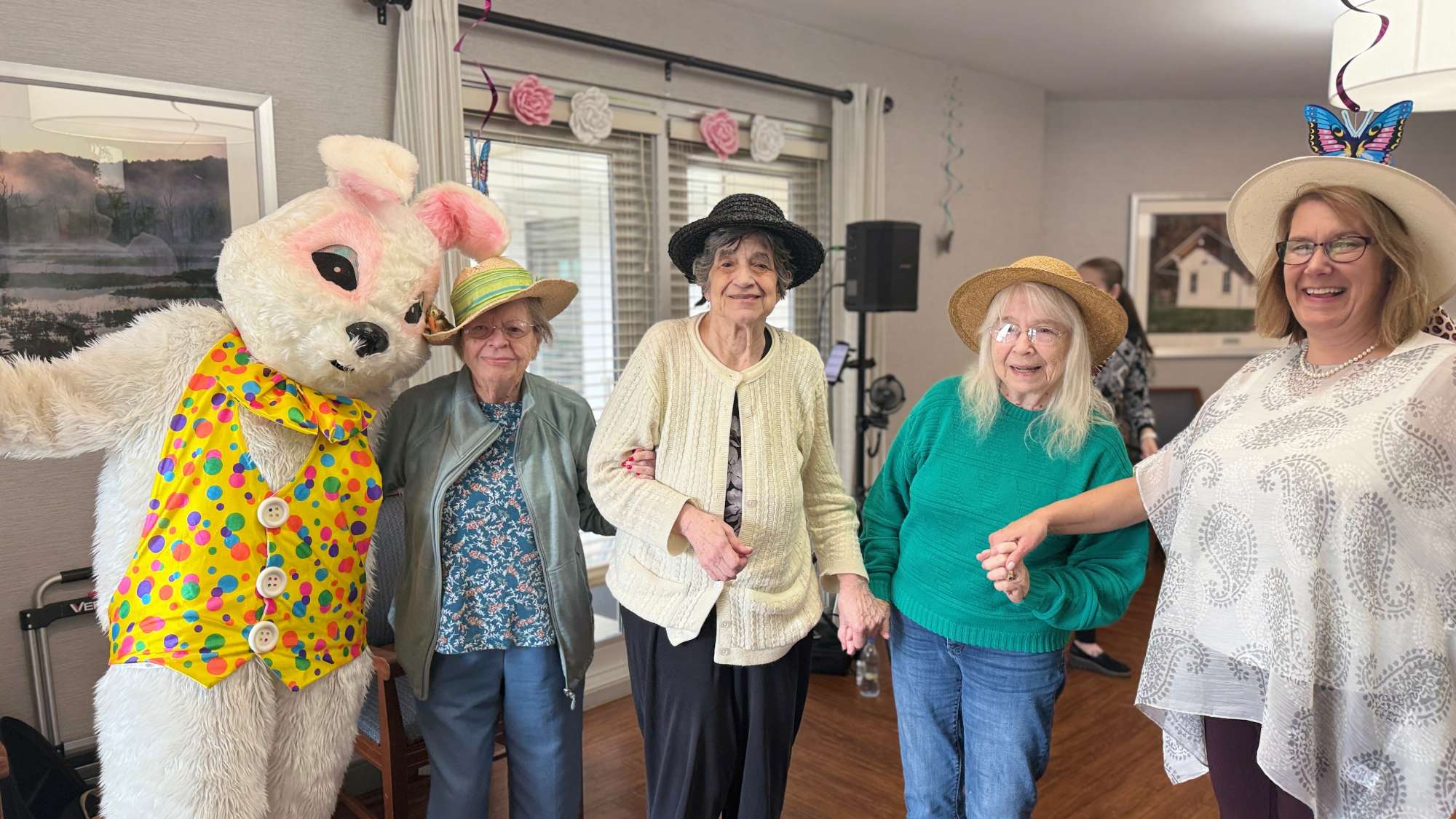
Noticing changes in a loved one’s memory, behavior, or personality can be unsettling. While some forgetfulness is natural with age, more significant signs may indicate the onset of Alzheimer’s or other forms of dementia. Understanding when it’s time to consider memory care can help families provide the right level of support—and preserve quality of life for as long as possible.
At Brentwood Healthcare Center, we know how emotional and complex this decision can be. Our goal is to help families recognize the signs early and feel confident about seeking specialized care when it’s needed most.
What Is Memory Care?
Memory care is a specialized form of senior living tailored for individuals experiencing memory loss due to Alzheimer’s disease, dementia, or other cognitive conditions. These programs provide around-the-clock supervision, structured routines, and personalized support in a safe and nurturing environment.
At Brentwood, our memory care team is trained to manage the unique challenges that come with memory-related conditions—always with compassion, patience, and dignity.
Signs It May Be Time for Memory Care
Every person experiences dementia differently, but there are common indicators that a loved one may need more structured, specialized care:
1. Increasing Memory Loss
Everyone forgets things occasionally, but frequent forgetfulness—such as repeating questions, misplacing items in strange places, or forgetting familiar names—can be a warning sign.
2. Changes in Behavior or Personality
Sudden mood swings, confusion, agitation, or withdrawal from social activities may point to cognitive decline. Loved ones might also show increased anxiety or fear, especially in unfamiliar settings.
3. Difficulty With Daily Tasks
When managing medications, preparing meals, or maintaining personal hygiene becomes difficult or unsafe, it may be time to consider memory care support.
4. Getting Lost or Disoriented
Wandering or confusion about time and place is a significant concern, especially if your loved one has gotten lost—even in familiar surroundings.
5. Decline in Physical Health
Unexplained weight loss, poor hygiene, missed medications, or signs of neglect may indicate that your loved one is no longer able to care for themselves safely at home.
6. Caregiver Burnout
If you’re a family caregiver feeling overwhelmed, anxious, or unable to meet your loved one’s growing needs, memory care can provide the support your loved one requires—and give you much-needed peace of mind.
How Memory Care Helps
Memory care communities are designed specifically to provide safety, structure, and comfort. At Brentwood, our memory care program includes:
- 24/7 support from specially trained staff
- A secure, calming environment designed to prevent wandering
- Structured routines that reduce confusion and promote comfort
- Therapeutic activities to encourage engagement and stimulation
- Personalized care plans focused on dignity, emotional support, and quality of life
Supporting Families Through the Journey
Recognizing that your loved one needs memory care isn’t easy—but you don’t have to make the decision alone. At Brentwood Healthcare Center, we’re here to guide you through every step with understanding, expertise, and compassion. Our team is available to answer questions, provide assessments, and support your family through this meaningful transition.



